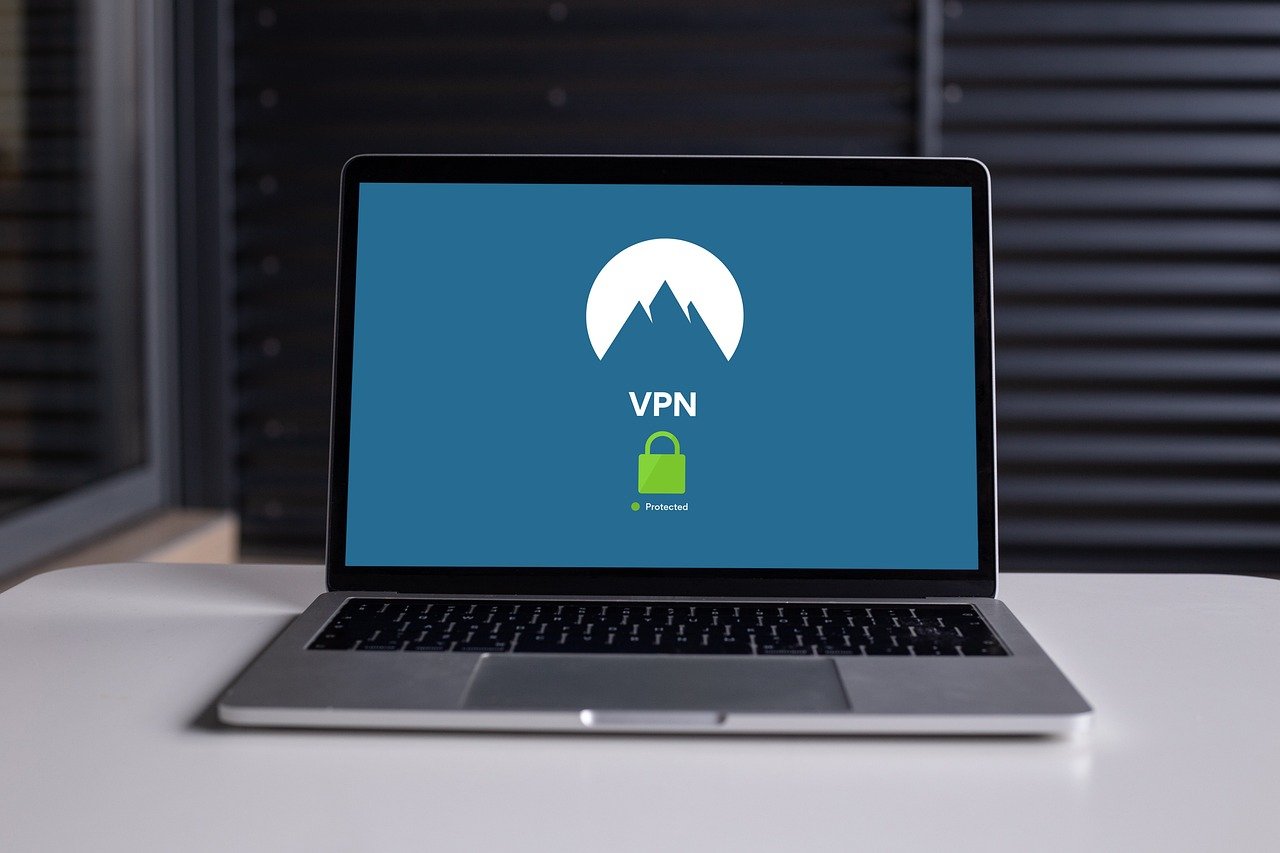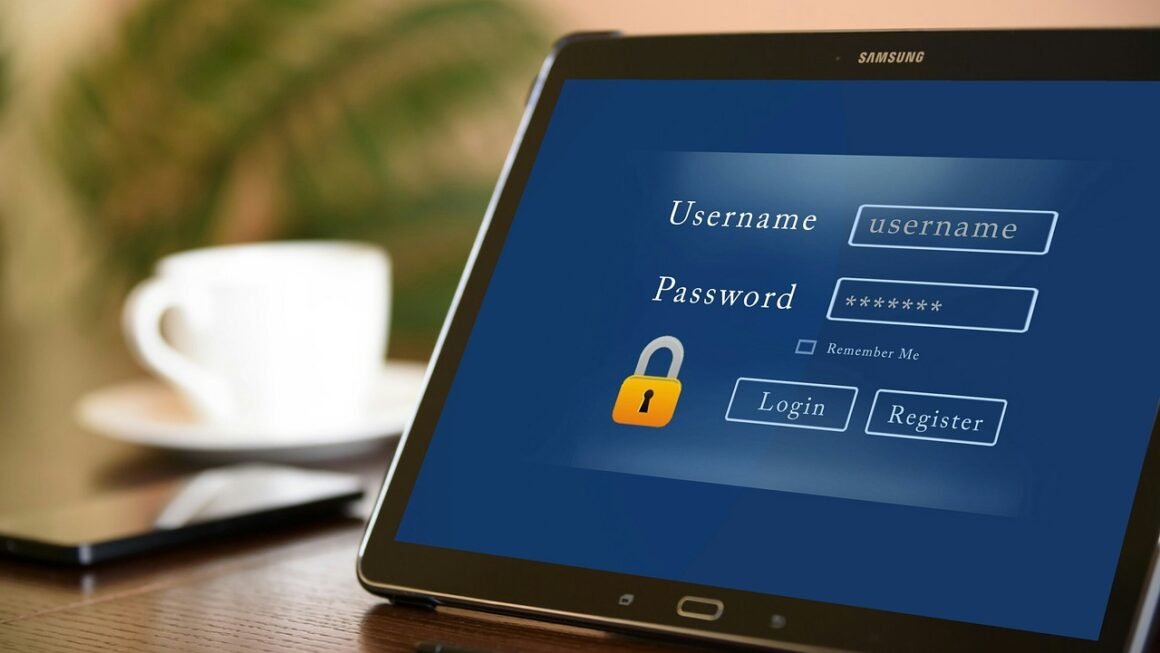A Virtual Private Network (VPN) might sound technical, but understanding its purpose and functionality is becoming increasingly important in today’s interconnected world. Whether you’re concerned about your online privacy, want to access geo-restricted content, or simply want a more secure internet connection, a VPN can be a powerful tool. This guide will break down what VPNs are, how they work, and why you might want to consider using one.
What is a VPN?
Defining a VPN
A VPN, or Virtual Private Network, is a service that creates a secure, encrypted connection over a less secure network, like the public internet. Think of it as a private tunnel for your internet traffic. When you connect to a VPN, all your data travels through this encrypted tunnel to a VPN server, which then forwards your traffic to the internet. This process masks your IP address, encrypts your data, and makes it appear as though you’re browsing from the location of the VPN server.
- Essentially, a VPN extends a private network across a public network.
How VPNs Work: The Technical Details
The core functionality of a VPN relies on several key components:
- Encryption: VPNs use encryption protocols (like AES-256, OpenVPN, or WireGuard) to scramble your data, making it unreadable to eavesdroppers. The strength of the encryption is a crucial factor in determining a VPN’s security.
- IP Address Masking: When you connect to a VPN server, your real IP address is hidden, and the VPN server’s IP address is displayed instead. This helps to protect your identity and location. For example, if you are in London and connect to a New York VPN server, websites will see your traffic as coming from New York.
- Tunneling Protocols: These protocols establish the secure connection between your device and the VPN server. Common protocols include OpenVPN, IKEv2/IPsec, and WireGuard. Each protocol has its own strengths and weaknesses in terms of security, speed, and compatibility.
- VPN Servers: These servers act as intermediaries between your device and the internet. Reputable VPN providers maintain a network of servers in multiple locations around the world, allowing you to choose the server location that best suits your needs.
Common VPN Protocols Explained
Understanding the different VPN protocols can help you make a more informed choice:
- OpenVPN: A highly secure and open-source protocol, widely considered the industry standard. It supports various encryption algorithms and is known for its reliability.
- IKEv2/IPsec: A fast and secure protocol often used on mobile devices due to its ability to quickly re-establish connections when switching networks.
- WireGuard: A newer protocol that promises faster speeds and improved security compared to older protocols like OpenVPN. It’s becoming increasingly popular among VPN providers.
- PPTP (Point-to-Point Tunneling Protocol): An older protocol that’s faster but less secure than others. It’s generally not recommended for privacy-sensitive activities.
Why Use a VPN? Key Benefits
Enhanced Online Privacy
- Protecting Your Data: By encrypting your internet traffic, a VPN prevents hackers, ISPs (Internet Service Providers), and government agencies from monitoring your online activities. This is especially crucial when using public Wi-Fi networks, which are often unsecured and vulnerable to eavesdropping.
- Preventing Tracking: A VPN masks your IP address, making it more difficult for websites and advertisers to track your online behavior. This can help to reduce the amount of targeted advertising you see and protect your privacy. According to a 2023 study by Pew Research Center, 81% of Americans feel they have little control over the data collected about them by companies. A VPN is one tool that can help regain some of that control.
Security on Public Wi-Fi
- Vulnerability of Public Networks: Public Wi-Fi hotspots, like those found in coffee shops or airports, are often unsecured and can be easily intercepted by hackers.
- VPN as a Shield: A VPN encrypts your data, making it unreadable to anyone who might be monitoring the network. This protects your sensitive information, such as passwords, credit card details, and personal messages.
Accessing Geo-Restricted Content
- Bypassing Geographic Restrictions: Many streaming services, websites, and online games impose geographic restrictions that limit access based on your location. For example, some Netflix content is only available in certain countries.
- Accessing Blocked Websites: In some countries, governments censor or block access to certain websites and social media platforms. A VPN can bypass these restrictions, allowing you to access information and communicate freely.
- Practical Example: Using a VPN with a server in the UK will allow you to watch BBC iPlayer content from anywhere in the world.
Avoiding ISP Throttling
- What is ISP Throttling?: Internet Service Providers (ISPs) sometimes throttle your internet speed for specific types of traffic, such as streaming video or torrenting.
- Circumventing Throttling: By encrypting your traffic, a VPN can prevent your ISP from identifying the type of content you’re accessing, making it more difficult for them to throttle your speed.
Choosing the Right VPN Provider
Important Factors to Consider
Selecting the right VPN provider is crucial for ensuring your online privacy and security. Here are some key factors to consider:
- Security and Encryption: Look for a VPN provider that uses strong encryption protocols, such as AES-256, and offers a variety of security features, such as a kill switch (which automatically disconnects your internet connection if the VPN connection drops).
- No-Logs Policy: Choose a VPN provider with a strict no-logs policy, meaning they don’t track or store any information about your online activities.
- Server Locations: A wide range of server locations allows you to bypass geographic restrictions and choose a server closer to your actual location for faster speeds.
- Speed and Performance: A good VPN should offer fast and reliable connections. Look for providers that use optimized servers and protocols.
- Price: VPN prices vary depending on the features offered and the subscription length. Compare different providers to find one that fits your budget.
- Customer Support: Reliable customer support is essential in case you encounter any issues with the VPN service. Look for providers that offer 24/7 support via live chat or email.
Free vs. Paid VPNs
- Free VPNs: The Risks: While free VPNs may seem tempting, they often come with significant risks. They may log your data, display intrusive ads, or even contain malware.
- Paid VPNs: The Benefits: Paid VPNs offer better security, faster speeds, and more reliable service. They also typically have a no-logs policy and dedicated customer support. While not always, a paid service is generally worth the investment for adequate security.
Top VPN Providers in the Market (as of late 2024, note that rankings and offerings change)
While I can’t endorse any specific VPN service, some of the top VPN providers that are often recommended include:
- NordVPN: Known for its strong security features and fast speeds.
- ExpressVPN: Renowned for its user-friendly interface and global server network.
- Surfshark: Offers unlimited device connections and a budget-friendly price.
- CyberGhost: Focuses on privacy and offers dedicated servers for streaming and torrenting.
Always do your own research and read reviews before choosing a VPN provider.
Setting Up and Using a VPN
Installing a VPN Client
Most VPN providers offer dedicated apps for various devices, including Windows, macOS, iOS, and Android. To install a VPN client:
Connecting to a VPN Server
- Choosing a Server Location: Select a server location based on your needs. If you want to access content from a specific country, choose a server in that country. If you want the fastest speeds, choose a server closer to your actual location.
- Connecting with One Click: Most VPN apps allow you to connect to a server with just one click. Simply select a server location and click the “Connect” button.
Verifying Your Connection
- Check Your IP Address: After connecting to a VPN server, verify that your IP address has changed. You can use websites like `whatismyip.com` to check your IP address.
VPN Usage Tips
- Keep Your VPN Active: For maximum security and privacy, keep your VPN connected whenever you’re online, especially when using public Wi-Fi.
- Use a Strong Password: Protect your VPN account with a strong, unique password.
- Enable the Kill Switch: Enable the kill switch feature in your VPN app to automatically disconnect your internet connection if the VPN connection drops.
- Update Your VPN App Regularly: Keep your VPN app updated to the latest version to ensure you have the latest security features and bug fixes.
- Be Careful with Permissions: Be aware of the permissions that VPN apps request and be cautious about granting unnecessary permissions.
Conclusion
In conclusion, a VPN is a valuable tool for protecting your online privacy, securing your internet connection, and accessing geo-restricted content. By encrypting your data and masking your IP address, a VPN can help you stay safe and anonymous online. While choosing the right VPN provider requires careful consideration, the benefits of using a VPN far outweigh the risks, especially in today’s increasingly interconnected and surveillance-heavy world. Remember to prioritize security, privacy, and performance when selecting a VPN, and always practice safe online habits to protect your personal information.



